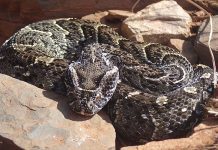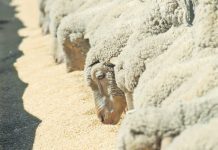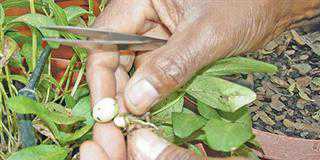Pork produced from pigs fed DDGS has a reduced shelf life and increased susceptibility to oxidative damage affecting texture, colour, juiciness and overall flavour. “Distiller’s dried grain contains unsaturated fatty acids, which are deposited into the fat of the animal,” says University of Illinois animal science professor Hans-Henrik Stein. “From a health standpoint, that’s a good thing, but it can be a problem with pork products such as bacon.”
Stein says that high levels of unsaturated fats make pork belly fat too soft to slice for bacon. To counteract this, producers have included saturated fats such as maize germ, beef tallow, palm kernel oil and glycerol in diets containing DDGS to make the fat firmer. But researchers report in the Journal of Animal Science that adding saturated fats to DDGS diets makes no difference in fat quality. They formulated six maize-soya bean meal diets with maize germ, beef tallow, palm kernel oil and glycerol added to a diet containing DDGS to test the effect of saturated fat additives on carcass fat quality.
The performance of pigs fed each of these diets was compared with that of pigs fed a diet containing DDGS with no saturated fats added, and a control diet containing maize-soya bean meal but no DDGS. Fat firmness was tested by measuring the distance of belly flop – draping the belly of the carcasses over a metal rod with the skin facing down. Ten centimetres below the rod, the distance is measured between the two sides. The larger the distance, the firmer the fat.
Pigs fed the control diet containing no DDGS had greater belly flop distances than those fed the other diets. There was no difference among the pigs fed a diet containing DDGS. Stein suggests that producers feeding high levels of DDGS should reduce the amount fed in the last three to four weeks to avoid the softening of the fat.













